Music is a cornerstone of the entertainment industry, and that is especially true of video games. Regardless of what story is playing out on the screen, a great soundtrack can change almost anything, which is really indicative of its power in the end. This year’s Game Developers Conference (GDC) is set to host the second annual A Developer’s Concert, where that raw power that music intrinsically possesses can be heard, felt, and experienced firsthand.
Game Rant recently spoke with renowned video game composer Austin Wintory (ABZU, Assassin’s Creed Syndicate, The Banner Saga) about GDC 2025’s upcoming Developer’s Concert, how he is preparing for the show, and what inspires his own approach to music composition. During the interview, Wintory spoke of an emotional “locker” that is automatically opened upon hearing video game music that connects players to defining moments in their gaming history.
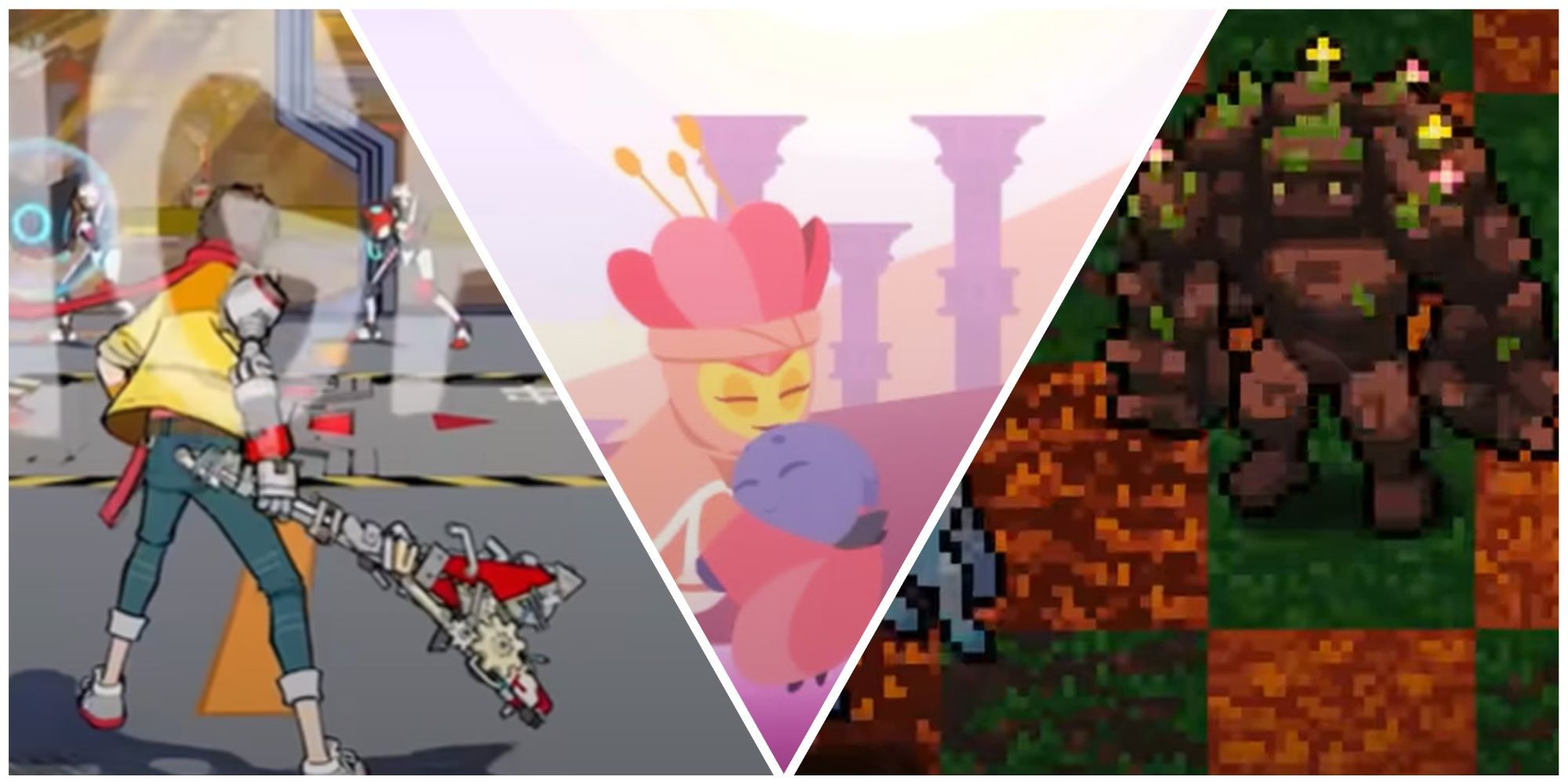
Related
Games That Are Basically Interactive Music
Although most video games incorporate some kind of musical component, these titles found creative ways to make music interactive.
Nostalgia Is Austin Wintory’s Secret to Emotional Engagement at GDC’s Developer’s Concert
Music is one of the most important parts of a video game, even when it’s hardly noticeable. In fact, one could argue that when a game’s music is more noticeable, it’s not doing its job. More than anything else, music in a video game is meant to reinforce and support what is already happening on screen, whether it be moving visuals or compelling dialogue. That being said, removing that music entirely or even changing it altogether can not only change the overall tone of what is happening in a video game story, but it can also potentially detach the player’s emotions from the moment.
In other words, music is “baked,” as Wintory would put it, into a video game, rather than being the centerpiece of a gaming experience. When it is done well, that music serves as a vehicle for the story’s emotional appeal and its ability to project feelings onto the player. During our interview with Wintory, we asked how he goes about conveying that emotion when performing video game music live, as opposed to when it is more naturally felt when a story is being told and a controller is in hand, to which he replied,
Well, I mean, you just have to trust that the music is baked into it, whatever those qualities are. For example, I’m a big Mass Effect fanatic, and so I’m playing Mass Effect, and I’m just loving its characters and the story. What happens is that, I will, without really trying to and without realizing it, store the emotions that I’m getting from the game, which includes those coming from the music as well. So, there’s a little bit of a feedback loop aspect to this.
This “feedback loop” is exactly what makes performances like A Developer’s Concert so effective. The emotional weight of a game isn’t only in its story, mechanics, and characters. Instead, those emotions essentially fuse with the music itself. When players hear those same melodies years later, more than just recalling memories of the game, they’re experiencing the emotions tied to those memories. A piece of music from Final Fantasy 7 isn’t just a song then, but the emotional impact of Aerith’s fate, the awe-inspiring sight of Midgar, or the friendships Cloud Strife forges on his journey. On that note, Wintory continued,
But let’s say I’m just really in love with a certain character or like there’s a certain scene that just haunts me with the way it plays out. It’s almost like the music becomes this storage locker where you are putting everything that scene and experience gave you, and you’re putting in music so that later, if you’re on Spotify or at a concert, you reopen that locker through the music and all those memories and experiences of the game come flooding in. So, it’s one of those funny things where I feel very, very lucky to work in music, because we have this cheat code where we can kind of take all the things that you love about the game and then bring all that back to you, potentially ten or twenty years after you played the game.
The idea of a storage locker that is automatically reopened upon hearing familiar tunes is profound, as it implies that a concert like A Developer’s Concert isn’t just a passive listening experience but almost a time-traveling journey. Unlike simply watching an old cutscene on a YouTube video, experiencing a game’s music live places the fan in the same emotional state they were in when they first witnessed the cutscene unfold. It’s really why remastered soundtracks, orchestral renditions, and concerts have become such a popular part of gaming culture. The music isn’t just a reminder of a game but a direct line of access to the emotional experiences players once had.
By treating nostalgia as more than just a marketing tool and instead as a bridge between the now and then, Austin Wintory’s Developer’s Concert shows the lasting power of video game music. It’s a kind of storytelling that extends far beyond the original game, keeping its world, characters, and emotional heights and depths alive for decades. Fortunately, Wintory and the GDC crew plan to continue upholding the tradition of A Developer’s Concert for as long as they are able to, which means more experiences like this are still to come.

GDC
- Location
-
San Francisco, California
- Dates
-
Annual
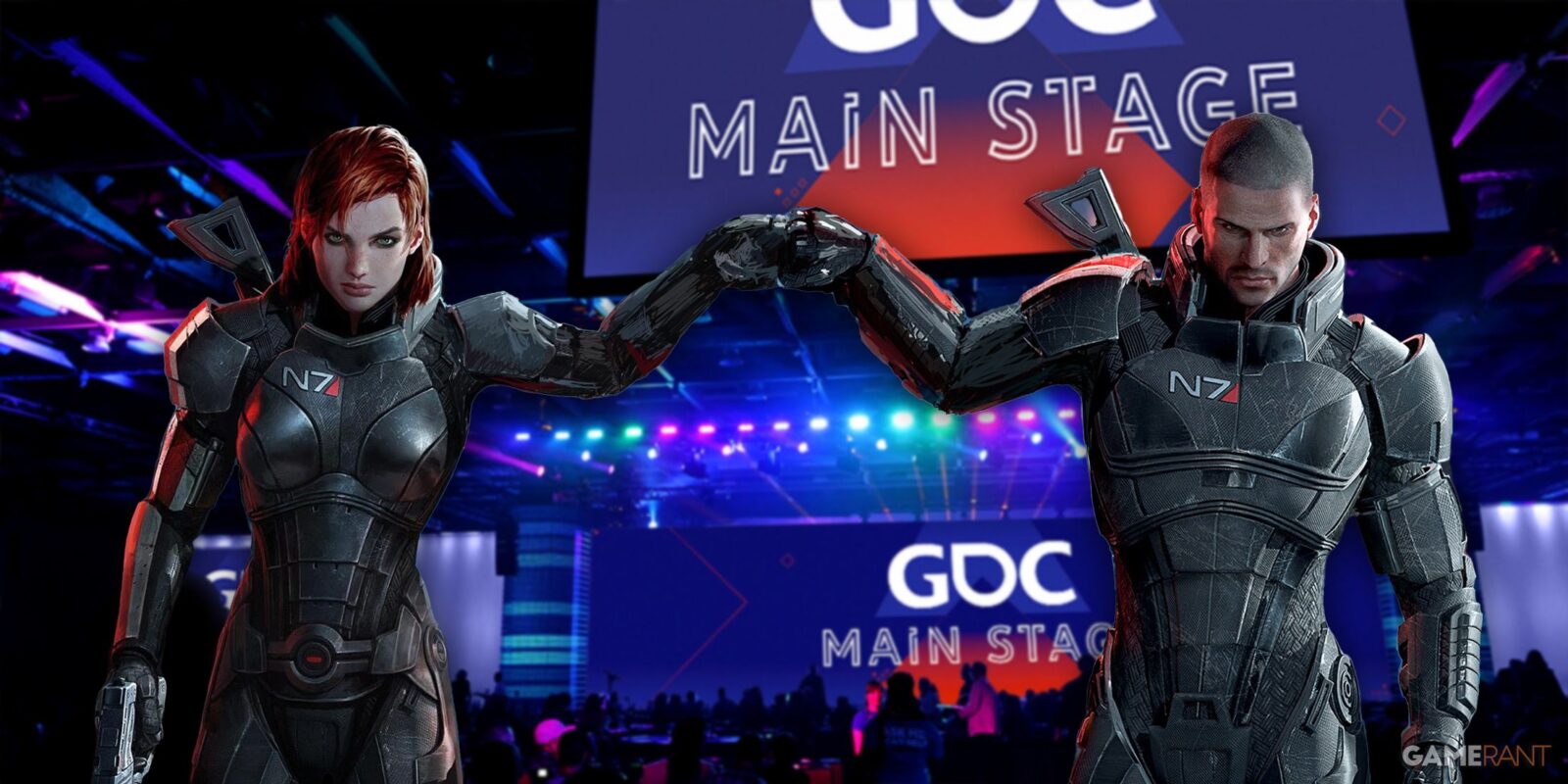

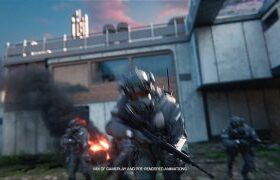
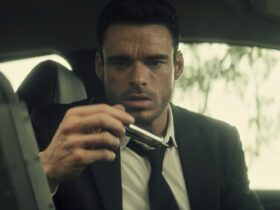

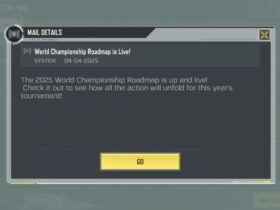
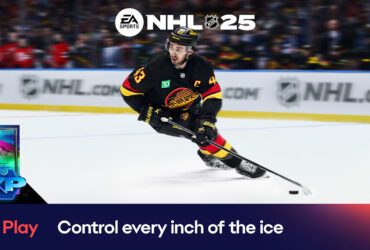





Leave a Reply